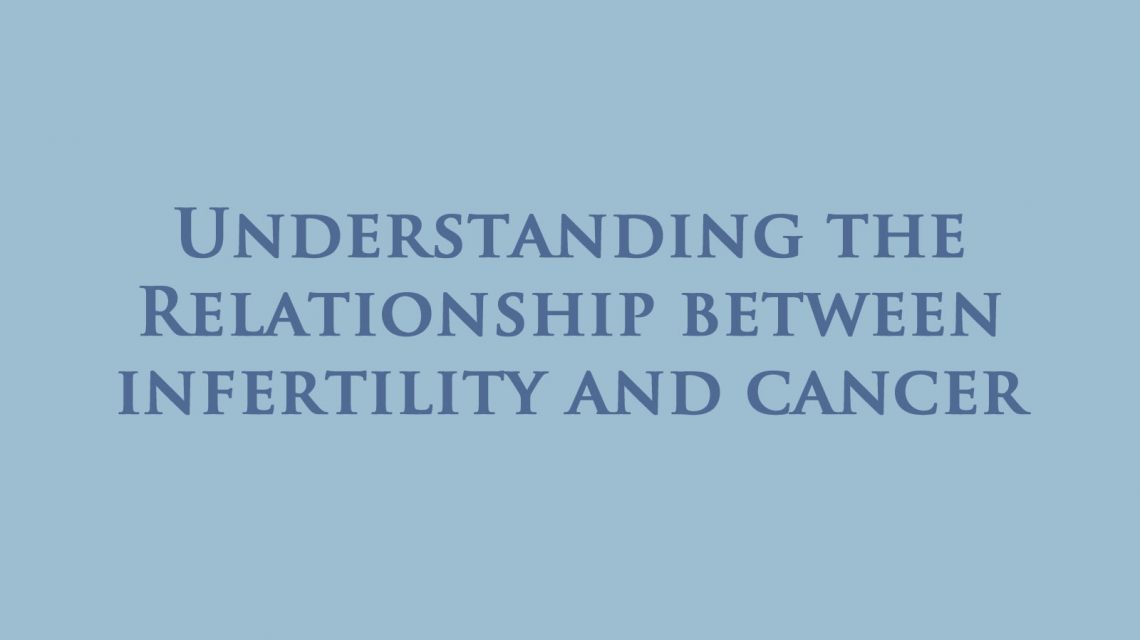Relationship between infertility, its treatment and cancers September 20, 2019 – Posted in: Gynaecology, Oncology
As of today, almost 1 in 10 couples are affected by infertility to varying extents. There are a lot of rumours about whether fertility treatments actually lead to cancers in the future or not. Lets look at some of the latest evidence. Fertility and ovarian cancer: Ovarian cancer is one of the most lethal killers amongst all cancers. Risk factors include nulliparity (never been pregnant), late menopause and increasing age. Whereas, consumption of oral contraceptive pills, having been pregnant, breast feeding is all associated with a reduced risk.
A woman who has never been pregnant and is unable to conceive, but has not taken any treatment for it, has a 1.5 to 2 times higher chances of ovarian cancer than the average population. This risk increases even further for those women who have never been pregnant, unable to conceive, have taken infertility treatment but failed.
Therefore infertility treatment does raise the risk of ovarian cancer, however, to what extent it raises the risk, depends upon the treatment protocols and duration. For instance, the commonest drug used, clomiphene citrate, raises the risk only when taken
for 12 cycles or more. The risk is actually greater for borderline ovarian tumours more than ovarian cancer. Treatment with IVF protocols also marginally raised the risk of ovarian cancer especially if women failed to conceive despite IVF. Fertility and uterine cancer Women who have unexplained infertility have an increased incidence of uterine cancers.
Uterine cancers are a broad term that includes endometrial carcinomas (i.e. cancer of the inner lining of the uterus) and sarcomas (cancers of the muscle of the uterus). This is also related to the fact that most women with infertility have a significant hormonal imbalance with excessive oestrogen stimulation over a period of time. This is the reason why Tamoxifen (a drug used in patients with breast cancers) is associated with an increased incidence of endometrial cancers. Since all conditions that cause an increase in oestrogen levels over a period of time are implicated in causing endometrial cancers, women with polycystic ovaries (a common cause of infertility) are also predisposed to endometrial cancers later in life. Clomiphene citrate, a drug used in infertility is also can cause a slight increase in the risk of cancers depending on dose used. This is more so in obese women.
Fertility and breast cancer Breast cancer is the most common cancer in the developed world today. Hormones (oestrogen and progesterone) play an important role even in the breast for cancer development. Infertile and nulliparous women also have an increased incidence of breast cancer. However, a large number of studies have concluded that fertility treatments may increase the risk of breast cancer to a very small extent and that too in the first year only. Therefore there is no strong evidence linking infertility treatment with breast cancer. Fertility and non- gynaecological cancer Though there was some fear that women who had treatment for infertility had a slight increase in thyroid cancers or melanoma (a type of skin cancer), today it is fairly clear from various studies that there is no strong evidence linking infertility treatment with non gynaecological cancers.







